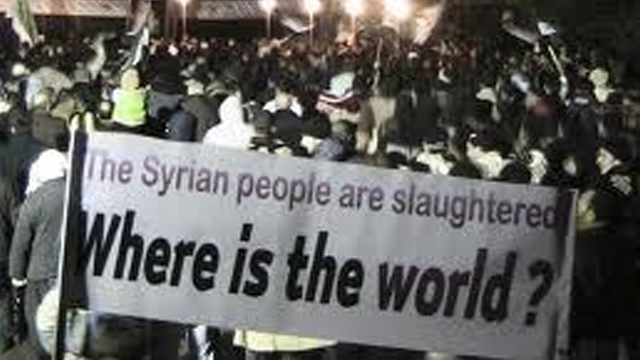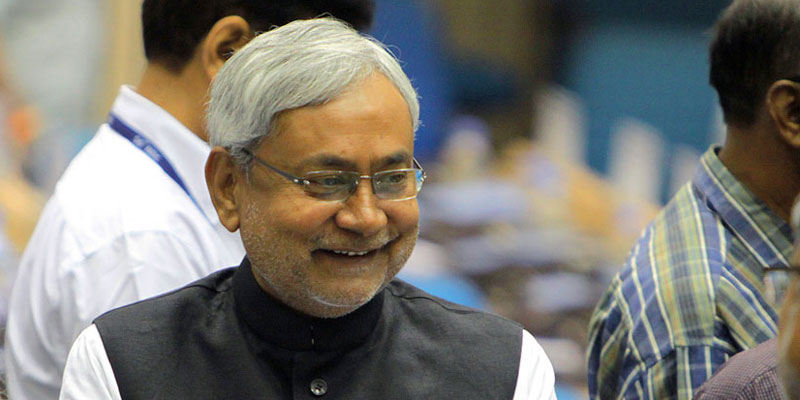Joint Special Representative of the United Nations and League of Arab States for Syria Lakhdar Brahimi stressed that military intervention in Syria must be approved by the UN Security Council
Joint Special Representative of the United Nations and League of Arab States for Syria, Lakhdar Brahimi on Wednesday stressed that military intervention in Syria must be approved by the UN Security Council even as UN Secretary-General Ban Ki-moon called for a diplomatic solution to the Syrian conflict.
Lakhdar Brahimi told a press conference in Geneva that now undoubtedly the most serious crisis is facing the Syrian people, the region and the international community, adding that recent developments having been even more dramatic with “some kind of substance was used that killed a lot of people”, Xinhua reported.
“This confirms how dangerous the situation in Syria is, and how important for the Syrians and the international community to really develop the political will to address this issue seriously and to look for solution for it,” he said
He also noted that the development made it even more urgent and more important to create conditions for a successful Geneva-II conference, a follow-up to a ministerial meeting on Syria held in Geneva last year.
The joint envoy said that he has spoken to the Americans and the Russians, and both countries said they were still interested and committed to the Geneva II conference, but he did not know at this stage whether that will happen or not.
As for the reported possible military action, Brahimi said: “I think the international law is clear on this. International law says that military action must be taken after the decision by the Security Council.”
Meanwhile, Secretary General Ban called for a diplomatic solution to the Syrian conflict, according to Xinhua.
“Syria is the biggest challenge of war and peace in the world today. The body entrusted with maintaining international peace and security cannot be missing in action,” he said, referring to the UN Security Council.
A UN team is currently investigating allegations of a suspected chemical weapon attack last Wednesday near Damascus, killing over 300 people. Syria has denied it was behind the attack and challenged the US to present hard proof.
According to Ban, the team had not yet found any valuable information.
“But the team needs time to do its research,” Ban said in the Great Hall of Justice at the Peace Palace in The Hague.
“Let us say here in the Peace Palace – give peace a chance, give diplomacy a chance. Stop fighting and start talking,” he added.
Ban’s comments came even as British Prime Minister David Cameron said Wednesday that Britain would submit a draft resolution to the UN Security Council seeking to authorise “necessary measures” to protect civilians in the wake of alleged chemical weapon attacks.
“Britain has drafted a resolution condemning the attack by the Assad regime, and authorising all necessary measures under Chapter 7 of the UN Charter to protect civilians from chemical weapons,” Xinhua reported citing a statement released by 10 Downing Street.
It said Cameron has also called on the UN Security Council to “live up to its responsibilities”.
The resolution will be put forward at a meeting of the permanent members of the Security Council later Wednesday in New York.
Cameron held a further discussion with US President Barack Obama late Tuesday about the alleged chemical weapons attack in Syria.
Both leaders agreed that “all the information available confirmed a chemical weapons attack had taken place, noting that even the Iranian president and the Syrian regime had conceded this” and “they were in no doubt that the Assad regime was responsible”.
However, Cameron confirmed that the British government had not yet taken a decision on the specific nature of the response, but that it would be “legal and specific to the chemical weapons attack”.
-IANS





